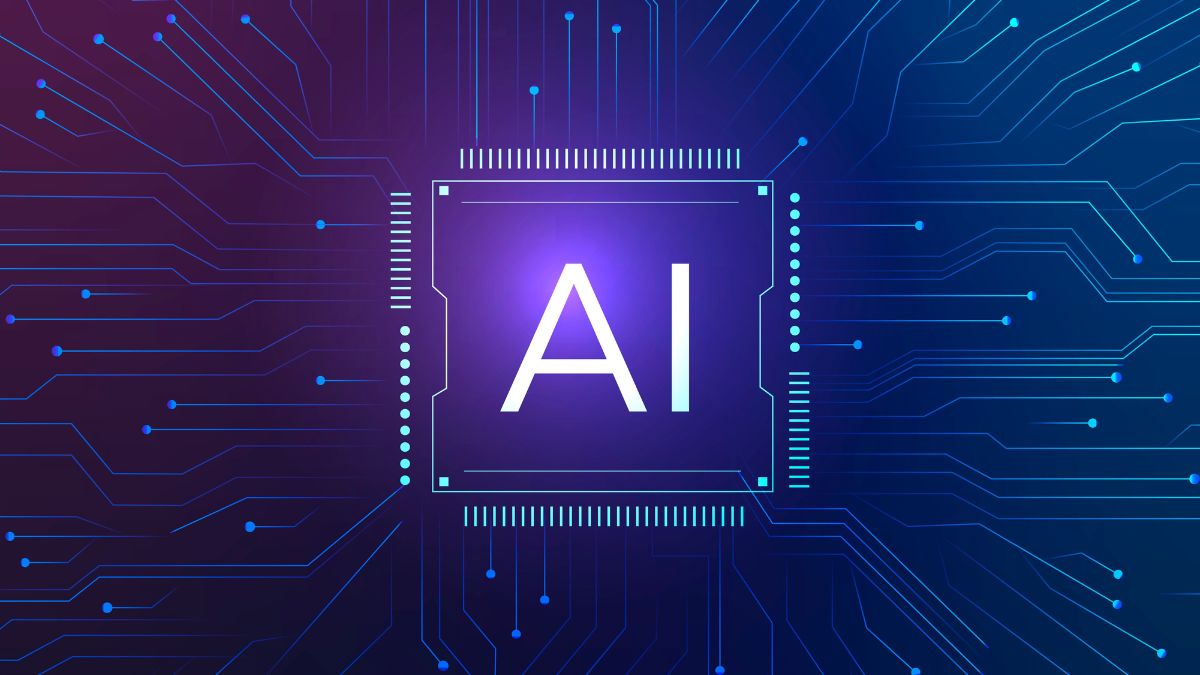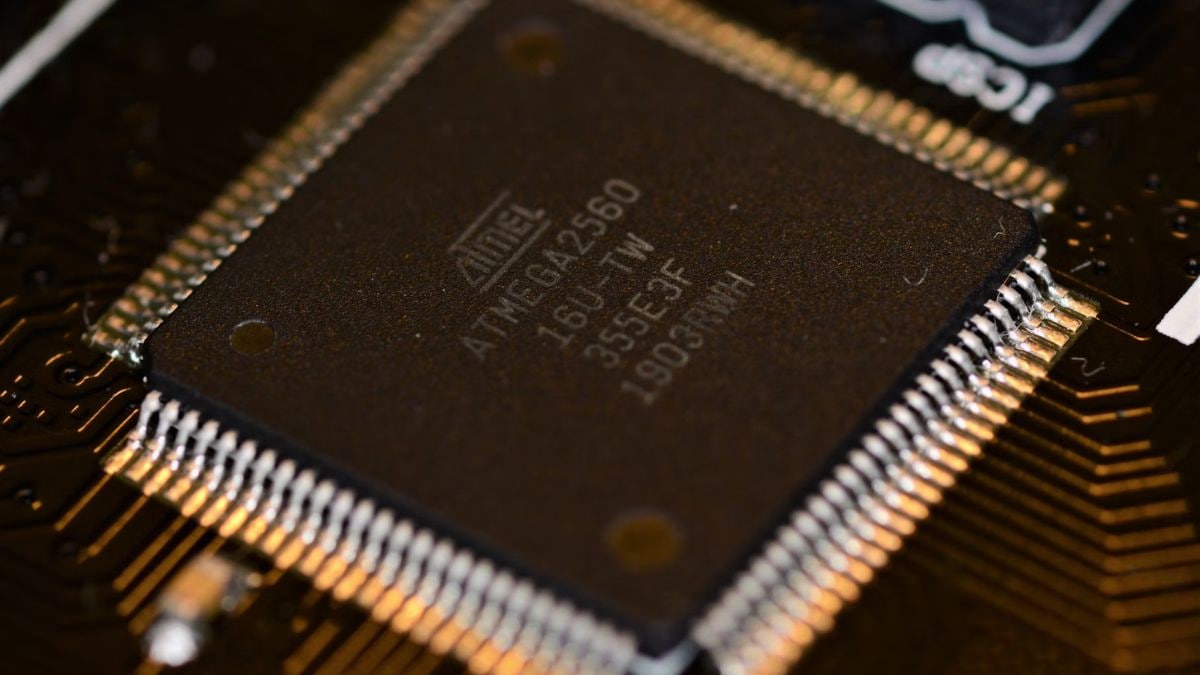
<p>Advanced Micro Devices (AMD) inked an agreement with OpenAI to supply cutting-edge AI chips. The deal, worth billions, could end up reshaping the artificial intelligence hardware landscape.</p>
<p>The partnership is projected to generate tens of billions of dollars in annual revenue for AMD and gives the ChatGPT creator the option to acquire up to 10 per cent of the chipmaker, reported Reuters.</p>
<p>Following the announcement, AMD’s shares skyrocketed by over 34 per cent on Monday, their biggest one-day surge in more than nine years, boosting the company’s market capitalisation by roughly $80 billion.</p>
<h2><strong>A Strategic Boost for AMD and the AI Industry</strong></h2>
<p>The agreement cements AMD’s position as one of the most significant challengers to Nvidia’s dominance in the AI chip market. The deal comes amid an escalating race to secure computing power needed for developing next-generation AI systems capable of human-like reasoning and creativity.</p>
<p>“We view this deal as certainly transformative, not just for AMD, but for the dynamics of the industry,” said Forrest Norrod, AMD’s executive vice president, in an interview with Reuters.</p>
<p>Under the deal, OpenAI will deploy hundreds of thousands of AMD’s graphics processing units (GPUs), equivalent to six gigawatts of capacity, starting in the second half of 2026. This capacity is comparable to the power needs of around five million US households or triple the output of the Hoover Dam.</p>
<p>AMD’s forthcoming MI450 series of chips will serve as the foundation for OpenAI’s one-gigawatt data centre, set to begin construction next year. The chipmaker expects to start recognising revenue from the partnership once shipments commence.</p>
<h2>Analysts Hail the Deal as a Milestone</h2>
<p>Market experts called the deal a strong endorsement of AMD’s technology. Leah Bennett, chief investment strategist at Concurrent Asset Management, noted, “AMD has really trailed Nvidia for quite some time. So I think it helps validate their technology.”</p>
<p>Analysts, however, cautioned that while this development is a massive win for AMD, Nvidia’s market leadership remains intact as it continues to sell every AI chip it produces.</p>
<p>AMD executives forecast that the deal will generate tens of billions of dollars annually, with potential total revenues exceeding $100 billion over four years from OpenAI and other clients. For context, AMD is projected to earn $32.78 billion in revenue this year, according to LSEG data, compared with Nvidia’s expected $206.26 billion.</p>
<h2><strong>OpenAI’s Expanding Hardware Ambitions</strong></h2>
<p>The San Francisco-based AI company has been steadily increasing its chip capacity as it pursues ambitious computing goals. CEO Sam Altman said the partnership would help OpenAI build the infrastructure necessary to meet its growing AI needs. The company reportedly aims to achieve 250 gigawatts of compute capacity by 2033.</p>
<p>As part of the agreement, AMD granted OpenAI a warrant to purchase up to 160 million AMD shares for just one cent each. The warrant will vest in tranches tied to performance milestones and AMD’s stock price targets, the final tranche unlocking when shares reach $600.</p>
<p>OpenAI, currently valued at around $500 billion, generated about $4.3 billion in revenue during the first half of 2025 but burned through $2.5 billion in cash, according to media reports. While it remains unclear how OpenAI will finance this massive chip purchase, analysts believe the partnership offers strategic leverage by allowing OpenAI to take an equity stake in AMD.</p>
<p>“With Nvidia, OpenAI is simply the client and not a part-owner,” said Dan Coatsworth, head of markets at A.J. Bell. “Taking a stake in AMD gives OpenAI the power to potentially influence corporate strategy.”</p>
<h2><strong>The AI Arms Race Heats Up</strong></h2>
<p>In contrast, Nvidia’s September deal with OpenAI involves a $100 billion investment and the deployment of at least 10 gigawatts of its systems. Yet AMD’s deal stands out for its equity component and long-term strategic implications.</p>
<p>The development highlights how tech companies are manoeuvring to secure the computational resources vital for AI development. With OpenAI’s partnership giving AMD a massive growth boost and reshaping competitive dynamics in the semiconductor industry, the AI arms race is set to intensify further.</p>






